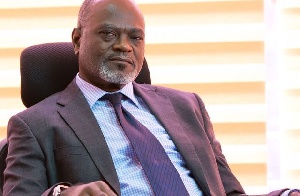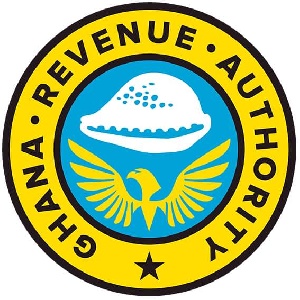- Home - News
- Elections 2024
- News Archive
- Crime & Punishment
- Politics
- Regional
- Editorial
- Health
- Ghanaians Abroad
- Tabloid
- Africa
- Religion
- Photo Archives
- Press Release
General News of Wednesday, 7 May 2025
Source: www.ghanawebbers.com
Dr. Kofi Amoah backs Mahama’s call for Africa to harness its resources for development
Ghanaian businessman and philanthropist Dr. Kofi Amoah, known as Citizen Kofi, has called for unity among African leaders. He urges them to nationalize the continent’s natural resources.
Dr. Amoah supports President John Mahama’s push for African-led development. He believes this can be achieved using internal resources.
In a post on social media platform X, he described this moment as ideal for a continental revolution. This revolution should break free from colonial exploitation and reduce dependency on external donors.
“Let’s support H.E. John ‘Reset’ Mahama to fulfill the true wishes of Ghanaians and Africans,” he stated. “We must nationalize all our natural resources. Enough is enough.”
Dr. Amoah criticized centuries of exploitation by colonizers and neo-colonial actors. He noted that they have used Africa's resources, including its people, to develop their own countries.
He pointed to China and India as examples of nations that thrived after colonization through unity and self-reliance. Dr. Amoah urged African nations to follow this path through collective action.
He called on President Mahama and other leaders to coordinate efforts aimed at nationalizing Africa’s resources. “This effort will trigger the unification of the continent,” he said.
Dr. Amoah emphasized that Africa should seize opportunities rather than beg for help. Countries must use their natural resources for their own benefit.
He encouraged President Mahama to work with other willing leaders across the continent in this endeavor. They should agree quietly to act together in nationalizing Africa's resources.
Dr. Amoah acknowledged potential resistance from global powers and local elites but urged boldness in pursuing economic independence.
“The continent must be assertive,” he said, “and ready for any consequences.” Without such actions, he believes Africa cannot achieve dignity or progress.
His message aligns with President Mahama’s recent comments about harnessing natural endowments for development instead of relying on aid. Both leaders highlight the urgent need for structural change in Africa.
Their remarks have sparked debate among economists, political commentators, and youth activists who support a new economic order based on responsible resource management.
“This will not be against anyone,” Dr. Amoah clarified, “but a logical action for Africa's rightful interests.”
As a prominent voice advocating for African economic nationalism, Dr. Amoah adds weight to this growing movement led by new political thinkers across the continent.
With nearly 1.4 billion people and abundant natural resources, Africa may be poised for significant change driven by its own people.











